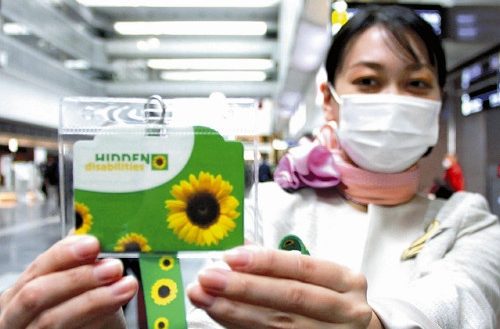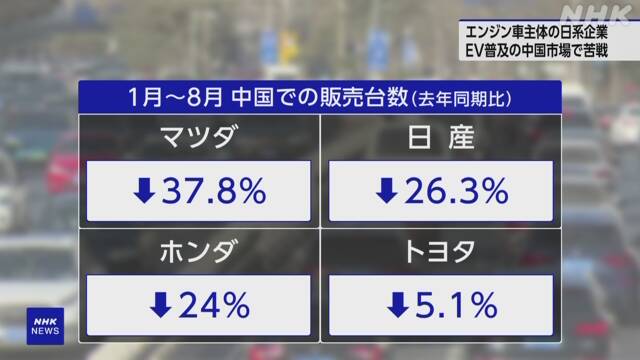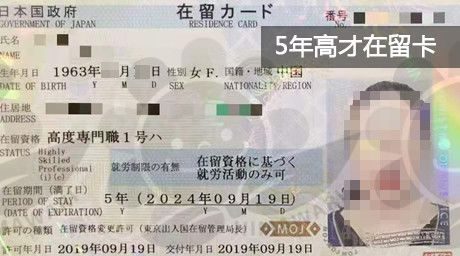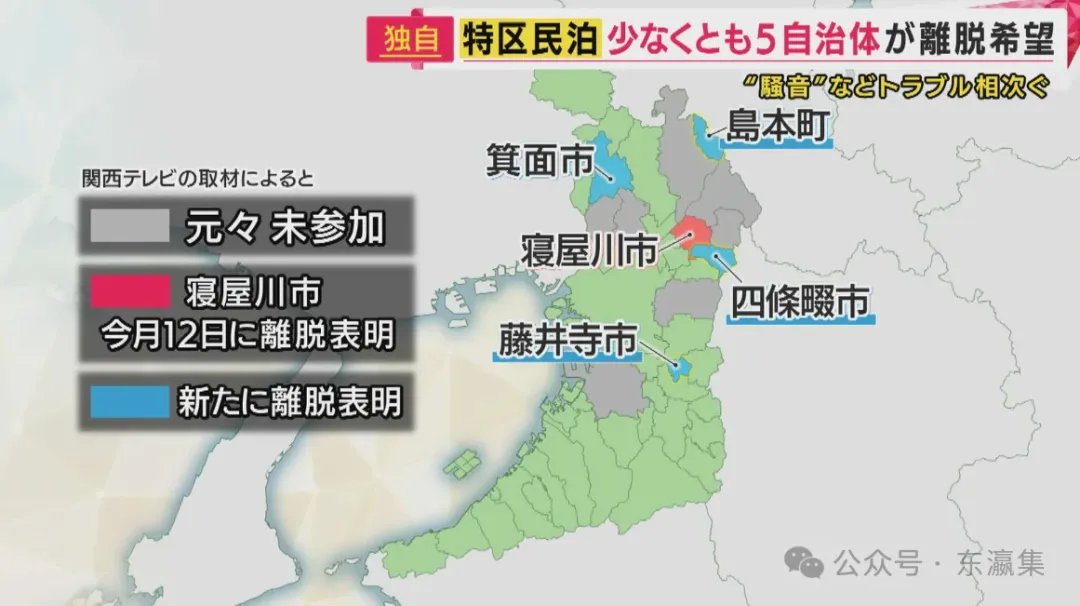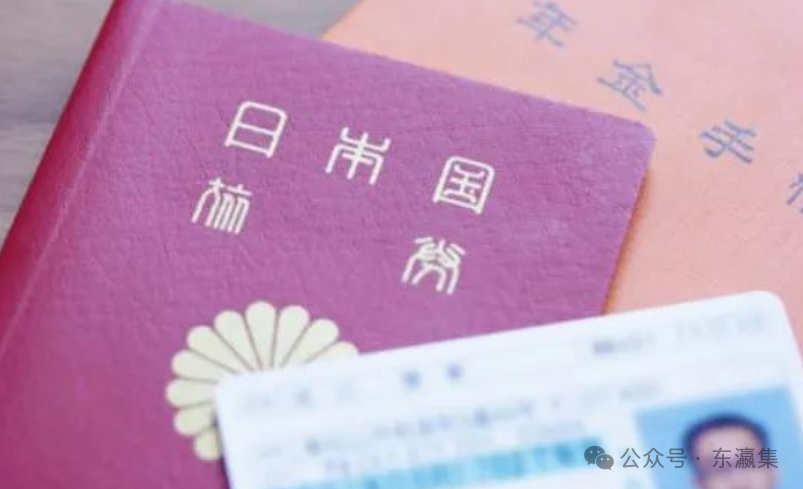
The second-class driver's license examination for taxi and bus drivers in Japan will be conducted in foreign languages.
Currently, the second-class driver's license exam in Japan is available only in Japanese, posing a significant barrier for foreign individuals. The National Police Agency of Japan is contemplating translating sample questions into 20 languages, facilitating multilingual testing conducted by regional police departments. The aim is to ensure a diverse pool of foreign talent in the passenger transport sector.
The "Specified Skilled" visa status, applicable to industries facing labor shortages, does not extend to taxi or bus drivers. The Ministry of Land, Infrastructure, Transport, and Tourism is in discussions with relevant authorities, striving to incorporate the automotive transport industry under the "Specified Skilled" system by the end of 2023. Achieving this goal alongside the implementation of multilingual exams would create a more favorable working environment for foreign individuals.
Companies engaged in passenger transportation must acquire a second-class driver's license, which comes in two types: the "ordinary" license for taxis and the "medium" and "large" licenses for buses. To obtain this qualification, individuals need to attend driving school and pass both practical and written exams.
While the first-class driver's license includes foreign language questions, the second-class license exam currently only offers questions in Japanese. In addition to testing general traffic rules, the written exam assesses knowledge required for driving passenger vehicles.
Foreign individuals face challenges passing the exam due to the necessity for careful reading and response, and among approximately 1.5 million holders of the second-class license, only a small fraction are foreigners.
Hinomaru Kotsu(日の丸交通), a major taxi company, has been actively recruiting foreign drivers since around 2017 which employing 94 individuals, constituting about 5% of their total workforce. The primary obstacles to employing foreign taxi drivers currently include restrictions on residency permits that allow them to work as drivers and the requirement for a high level of proficiency in Japanese to pass the second-class driver's license exam.
Sample questions for the second-class driver's license exam, prepared by each prefectural police department, will be distributed by the National Police Agency of Japan in the fiscal year 2023, translated into 20 languages, including English, Chinese, Korean, and Vietnamese. The specific languages to be used and the implementation timeline will be determined by prefectural police departments based on the residency and preferences of foreign residents in each region.
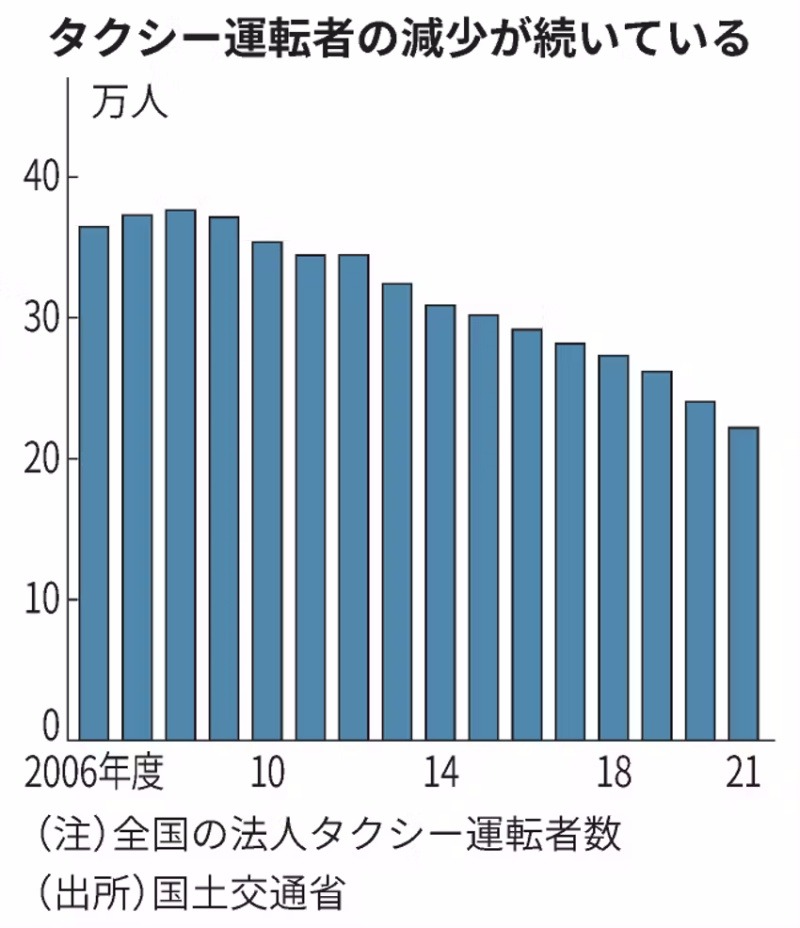
The adoption of multilingual exams stems from the severe labor shortage confronting the taxi industry. In the fiscal year 2021, the number of corporate taxi drivers was 221,849, a decrease of approximately 40% compared to the fiscal year 2006. Due to the scarcity of drivers, bus services have been continually reduced, leading to the gradual cancellation of many bus routes in rural areas.
To retain foreign drivers, it may be necessary to provide training with a focus on basic language skills. Hinomaru Kotsu, a major taxi company, is collaborating with the taxi dispatch application operator GO (Tokyo/Minato) to introduce dedicated vehicles. This initiative enables the completion of taxi bookings, destination specifications, and settlements through the app, even in the absence of ground staff.
